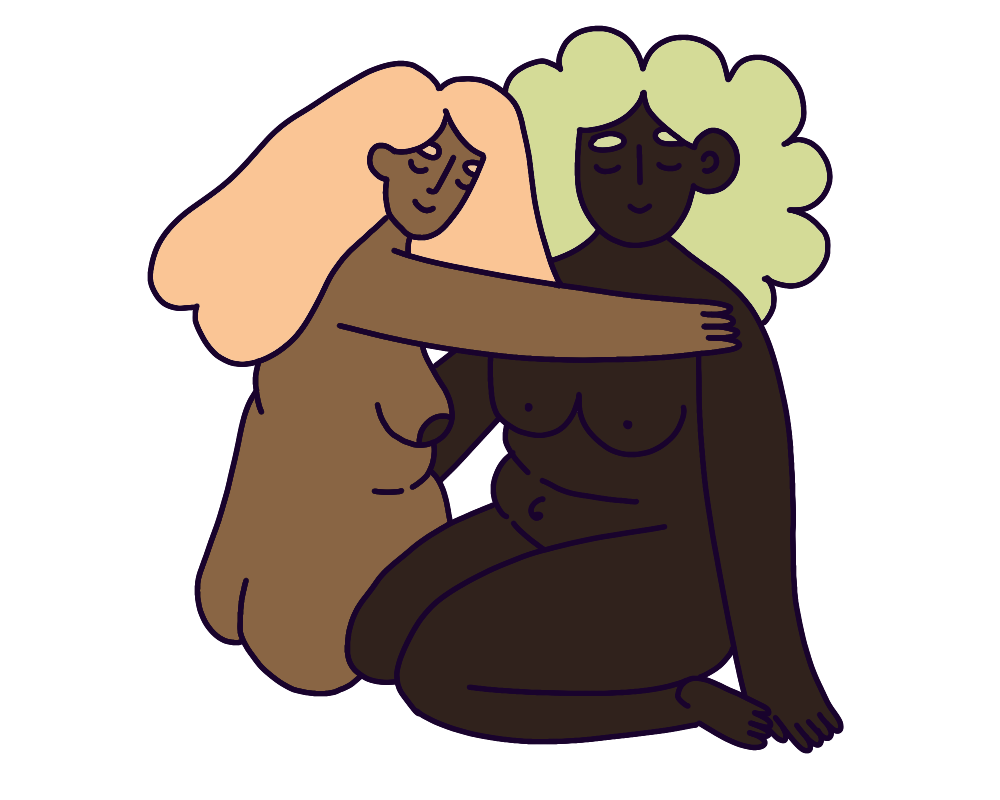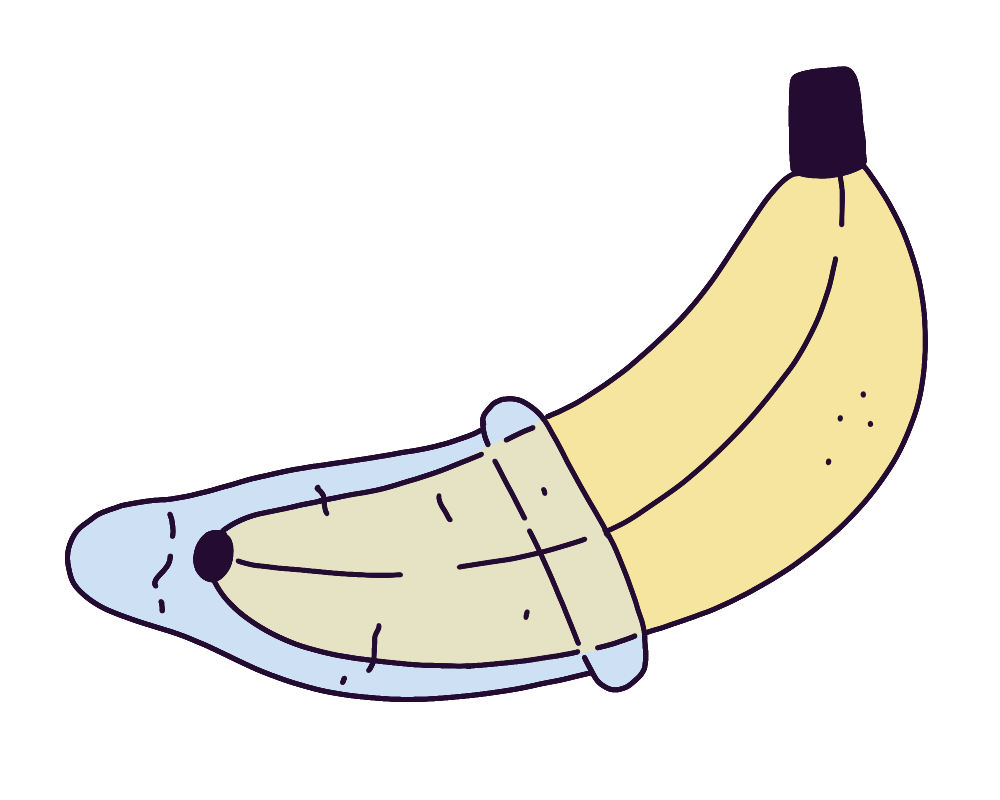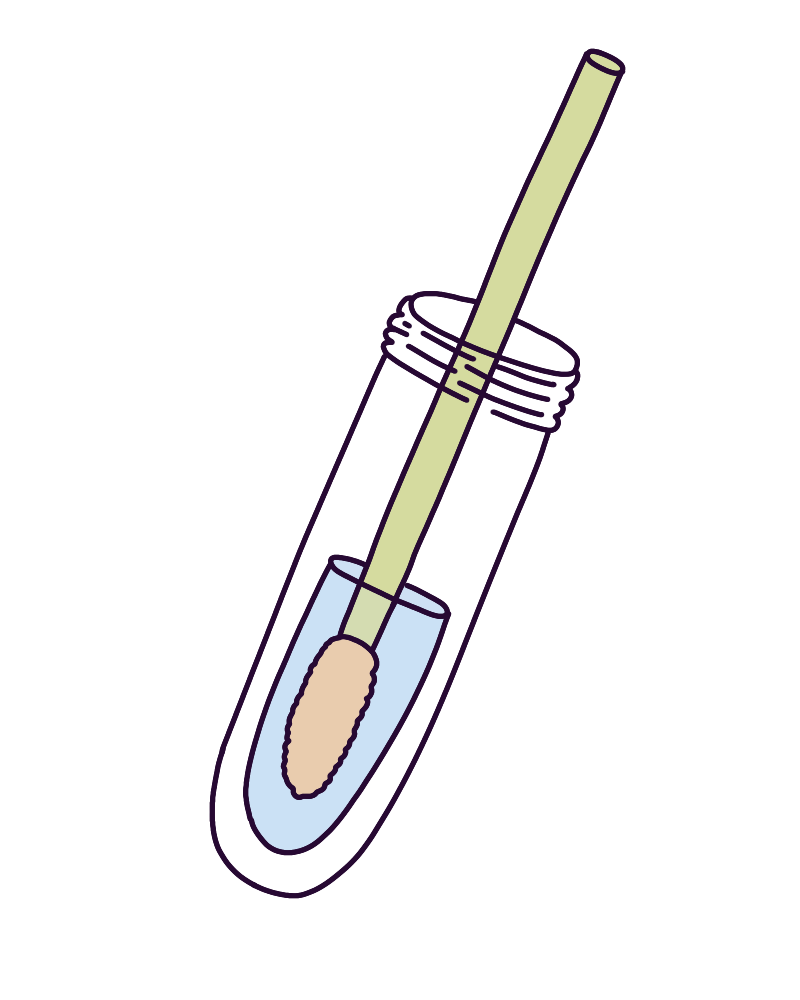Basics of STIs
There are many types of STIs, and many do not always show symptoms. This is why testing is really important.

What is an STI?
Sexually transmissible infections (STIs) are infections that are passed from one person to another during sexual contact, like during oral sex, vaginal sex, anal sex, and although less often, during manual sex
(masturbation). Different types of sex present greater risk than others, for different STIs.
🧐 Did you know?
Using a new condom with each partner, every time you have sex, is the best way to prevent STIs.
STIs can be grouped into three different types:
i) Bacteria
ii) Parasites
iii) Viruses
Here's what you need to know about having and treating STIs.

Bacteria
The most common types of bacterial STIs are chlamydia, gonorrhoea, and syphilis. All STIs that are caused by bacteria are curable, which means they will go away completely with the right treatment at the right time.
🧐 Did you know?
All bacterial STIs can be treated with antibiotics
Click to find out more about some of the most common bacterial STIs.
Parasites
The most common types of parasitic STIs are trichomoniasis (or ‘trich’), as well as scabies and pubic lice (‘crabs’).
🧐 Did you know?
All parasitic STIs will completely go away with appropriate treatment.
Click to find out more about some of the most common parasitic STIs.
Viruses
In Australia, the most common types of viral STIs are HIV, HPV (or genital warts), HSV (or genital herpes), and some forms of viral hepatitis. All viral STIs can be treated.
Click to find out more about some of the most common viral STIs.

In Summary
STIs affect all relationships, and many people who are sexually active will get an STI in their life. Having an STI doesn’t make you 'dirty', any more than someone who gets a cold or the flu in winter. Remember: You can only get an STI through sexual contact with someone who has it. You cannot get an STI from sitting on a toilet seat.
Most STIs are easily preventable or treatable , and longer term complications are more likely to arise only if an STI isn’t treated. If you're
⚠️ For more information on STIs, you can check out the following sources:
- BetterHealth Channel (Vic)
- Sexual Health Victoria
- Melbourne Sexual Health Centre
Help us improve this info by letting us know how you found it.
Start
Safer sex and STI prevention
